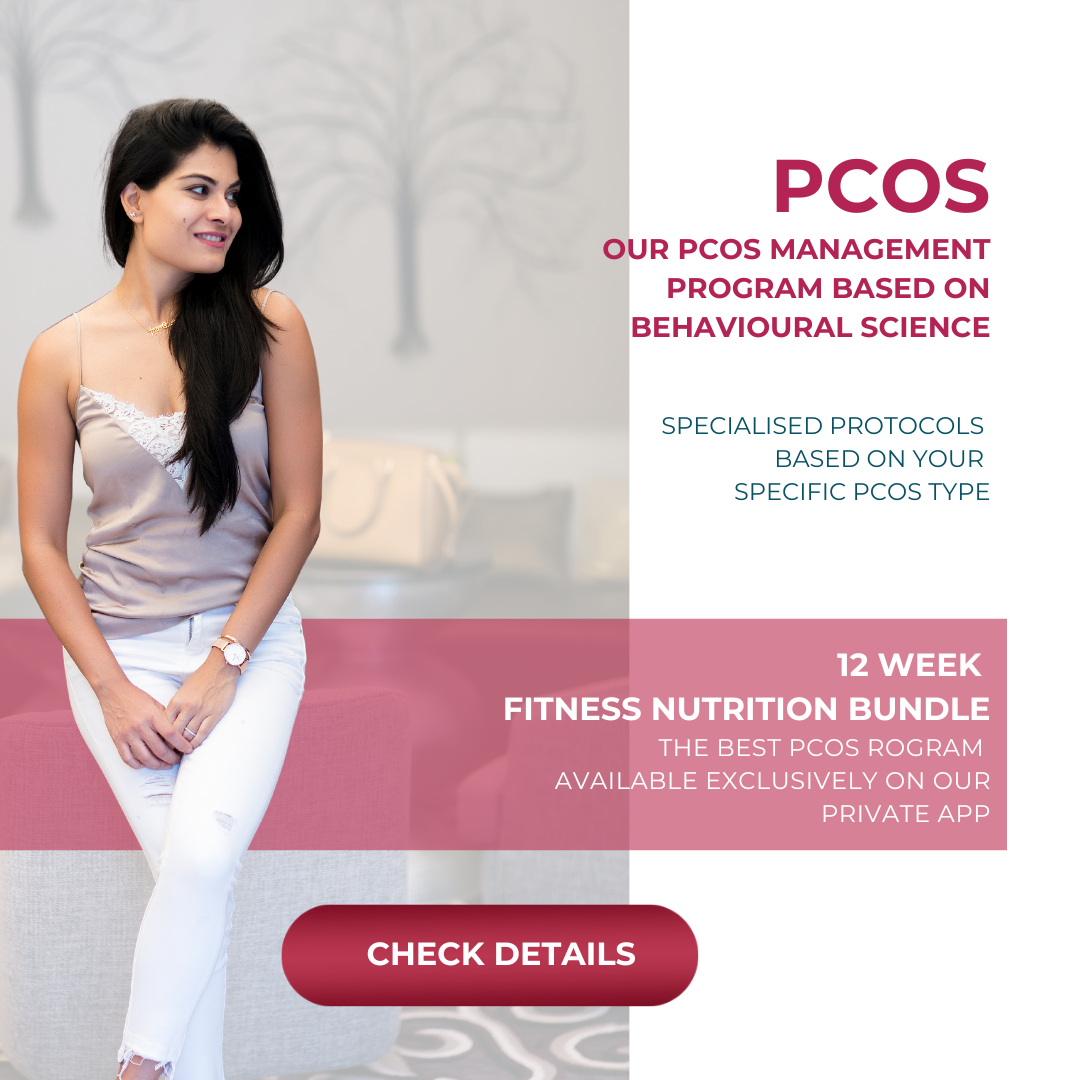Protein Insufficiency and Hair Health
Why Protein is Essential for Hair Growth
Protein is the building block of hair, as hair strands are primarily composed of keratin, a structural protein. Without enough protein, your body prioritizes essential functions like organ health and muscle repair over hair growth, leading to weaker, thinning, and shedding hair.
If you want to uncover and fix the root cause of your hair issues, let’s chat! Drop me a message here: Click Here.
How Protein Deficiency Affects Hair
-
Hair Shedding & Thinning – Inadequate protein forces the body to shift hair follicles into the resting phase (telogen), causing excessive shedding.
-
Weaker Hair Strands – Protein is necessary for hair strength. Low protein makes hair prone to breakage and split ends.
-
Slow Hair Growth – Hair needs amino acids to form keratin. A lack of protein slows the hair growth cycle, making it difficult for new hair to grow.
-
Lack of Hair Shine & Volume – Protein keeps hair cuticles smooth and sealed. Without enough, hair appears dull, flat, and lifeless.
-
Brittle, Dry Hair – Keratin helps retain moisture. A lack of protein can result in dry, straw-like hair that’s easily damaged.
Causes of Protein Insufficiency
|
Cause |
How It Affects Hair |
Solution |
|
Not Eating Enough Protein |
Leads to hair shedding, thinning, and slow growth. |
Increase protein based on body weight and calorie goals |
|
Low Protein Absorption (Digestive Issues) |
Conditions like IBS, IBD, leaky gut, and low stomach acid impair protein absorption. |
Improve gut health with probiotics, digestive enzymes, and nutrient-dense foods. |
|
Restrictive Diets (Vegan/Vegetarian/Keto) |
Some diets may lack complete protein sources, affecting keratin production. |
Include complete proteins like quinoa, tofu, tempeh, and plant-based protein powders. |
|
Aging & Muscle Wasting |
Protein synthesis slows with age, reducing keratin production. |
Prioritize high-protein meals and strength training to preserve muscle and hair health. |
|
Hormonal Imbalances (PCOS, Thyroid Issues) |
Hormonal changes affect protein metabolism, impacting hair growth. |
Balance hormones through diet, stress management, and medical support. |
|
Chronic Stress |
Increases cortisol, which breaks down protein stores and disrupts hair growth. |
Manage stress with exercise, meditation, and proper sleep. |
|
Excessive Exercise Without Enough Protein |
Overtraining depletes protein, leading to hair thinning. |
Consume adequate protein post-workout to repair and replenish. |
How to Fix Protein Deficiency for Better Hair
-
Increase Protein Intake – Aim for atleast 1g of protein per kg of body weight, depending on activity levels and medical issues.
-
Focus on Complete Proteins – Include lean meats, fish, dairy, eggs, and plant-based sources like tofu, quinoa, and legumes.
-
Improve Digestion & Absorption – If you have gut issues, take probiotics, eat fermented foods, and address stomach acid imbalances.
-
Balance Macronutrients – Pair protein with healthy fats and fiber for better digestion and sustained energy.
-
Consider Collagen or Protein Supplements – Collagen peptides and plant-based or whey protein powders can support hair growth.
Key Takeaway
Protein is non-negotiable for healthy hair! If you're experiencing hair fall, thinning, or brittle strands, it might be time to check your protein intake and absorption. A balanced, high-protein diet with good digestion ensures stronger, shinier, and healthier hair.

